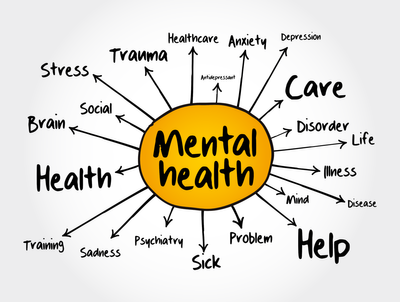Crisis Management: Navigating Challenging Times

In today’s unpredictable world, crisis situations can emerge abruptly and have a significant impact on businesses, individuals, and communities. Crisis management is the systematic approach to dealing with these challenging times, minimizing the negative consequences, and ensuring a swift recovery. Effective crisis management involves careful planning, proactive measures, and clear communication strategies. This article will explore the essential aspects of crisis management and provide valuable insights on how to navigate through these difficult situations successfully.
Understanding Crisis Management
Crisis management is the art of dealing with unexpected events that disrupt normal business operations or pose serious threats to an organization’s reputation and stability. These crises can arise from a variety of sources, including natural disasters, financial emergencies, public health crises, cybersecurity breaches, or even internal conflicts and scandals. The objective of crisis management is to mitigate the negative impacts, protect stakeholders, and restore normalcy as quickly as possible.
Key Elements of Crisis Management
While each crisis situation may require a unique approach, there are several fundamental elements that should be considered in any crisis management plan:
Risk Assessment: Thoroughly assess potential risks and vulnerabilities to identify potential crisis triggers. This analysis helps in developing proactive measures to minimize the impact.
Emergency Response: Establish clear protocols and procedures for immediate response when a crisis occurs. These may include evacuation plans, emergency contacts, and resource allocation strategies.
Communication Plan: Develop a comprehensive communication strategy to ensure clear, timely, accurate, and consistent messaging to stakeholders, including employees, customers, suppliers, and the public.
Leadership and Crisis Team: Assemble a dedicated crisis management team, led by experienced leaders, to coordinate and execute the crisis management plan effectively.
Monitoring and Evaluation: Continuously monitor the crisis situation, update stakeholders, evaluate the effectiveness of response strategies, and make necessary adjustments to the plan.
Effective Crisis Management Strategies
Successfully managing a crisis requires a combination of preparedness, quick decision-making, and effective execution. Here are some strategies that can help organizations navigate challenging times:
1. Establish a Crisis Management Plan
Developing a robust crisis management plan is crucial to streamline decision-making processes and responses during a crisis. The plan should include predefined roles and responsibilities, communication channels, and escalation procedures. Regularly review and update the plan to adapt to new risks and challenges.
2. Proactive Risk Management
Identify potential risks and take proactive measures to mitigate them before they escalate into a crisis. Regular risk assessments, adequate insurance coverage, and effective security measures can significantly reduce the impact of unforeseen events.
3. Effective Communication
Clear, timely, and transparent communication with all stakeholders is essential during a crisis. Establish a designated spokesperson to deliver consistent messaging, address concerns, and keep everyone informed. Leverage various communication channels, such as social media, official websites, and email newsletters, to reach a wide audience effectively.
4. Employee Support
During a crisis, prioritize the well-being and safety of employees. Provide them with necessary support, resources, and regular updates. Implement flexible work arrangements, if possible, to accommodate personal challenges arising from the crisis.
5. Collaborative Approach
Engage with relevant stakeholders, including government authorities, industry associations, suppliers, and customers, to gather essential insights and assistance. Collaborative efforts can result in better problem-solving and more effective crisis management.
6. Learn from Past Crises
Review and analyze previous crisis situations to identify lessons learned and areas for improvement. This information can help in refining crisis management strategies and enhancing preparedness for future events.
Conclusion
In today’s fast-paced world, crises are inevitable. How organizations respond to these crises can make the difference between recovery and downfall. Effective crisis management requires proactive planning, strong leadership, and meticulous execution. By understanding the key elements and implementing effective strategies, businesses and individuals can navigate through challenging times, protect their reputation, and emerge stronger from any crisis.


